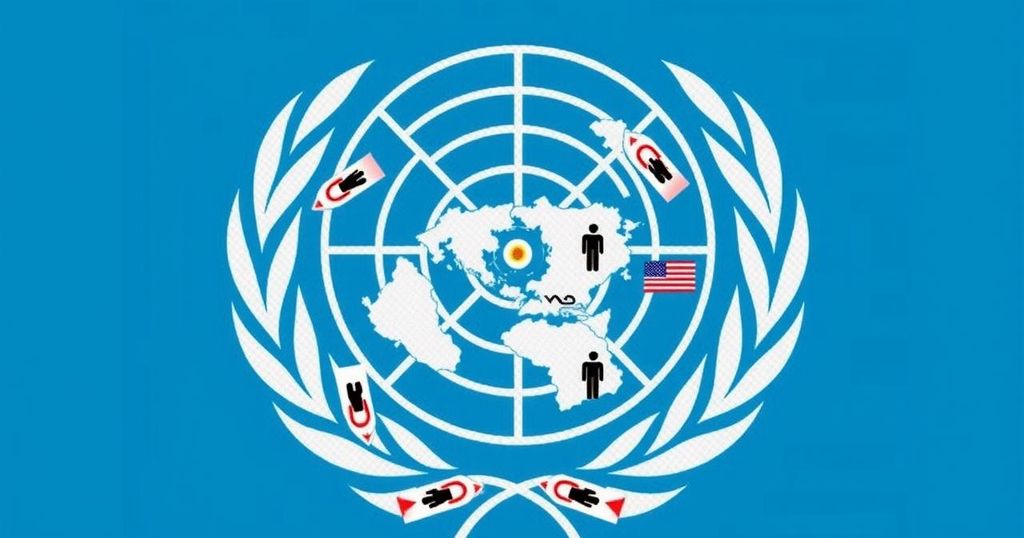Global news
Politics
AP, ARGENTINA, ASIA, AZERBAIJAN, BAKU, BUENOS AIRES, CUBA, DEMOCRACY, DONALD TRUMP, EL, FLORIDA, FOREIGN POLICY, INTERNATIONAL RELATIONS, ISRAEL, MA, MAURICIO MACRI, MILEI, NORTH AMERICA, SANCTIONS, SOUTH AMERICA, TRADE RELATIONS, U. N, UN, UNITED NATIONS
Leila Ramsay
0 Comments
Argentina’s Surprising Opposition to U.N. Gender Violence Resolution
Argentina’s recent vote against a U.N. resolution on gender violence, led by President Javier Milei, has shocked global observers. The vote signifies a shift to more conservative policies, raising alarms about the country’s commitment to social progress and international collaboration. Critics from across the political spectrum have denounced Milei’s actions, which reflect a broader cultural and ideological conflict within Argentina.
In a surprising move, Argentina became the only country to vote against a United Nations resolution condemning violence against women and girls, shocking the global community. President Javier Milei, who has already shifted Argentina’s foreign policy dramatically towards a more right-wing stance reminiscent of previous U.S. leadership, has faced criticism from across the political spectrum. His administration has shown a clear inclination to undermine longstanding social policies and international commitments, which could further isolate the nation on the world stage. As Milei’s government continues to redefine Argentina’s role in international affairs, questions arise regarding the implications of his controversial policies on gender equality and human rights.
The recent decision by Argentina to oppose a U.N. resolution against gender violence marks a significant departure from its historically progressive stance on social issues. Under President Javier Milei, the country has pivoted towards more conservative policies, drawing criticism for its treatment of gender rights and its dismissal of global agreements aimed at combating climate change and promoting social equity. Milei’s administration has been characterized by a series of cultural clashes that challenge Argentina’s previous commitments to various international conventions, potentially reversing crucial advancements in women’s rights.
President Javier Milei’s decision to have Argentina vote against the U.N. resolution on violence against women has incited widespread criticism and raised concerns regarding the country’s commitment to social progress. His administration’s rightward shift and rejection of global norms could have significant repercussions for Argentina’s international relationships and social policies. The nation’s trajectory under Milei reveals a stark contrast to its traditionally progressive values, potentially isolating it from the broader international community.
Original Source: www.seattletimes.com




Post Comment